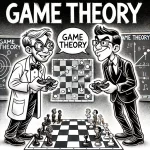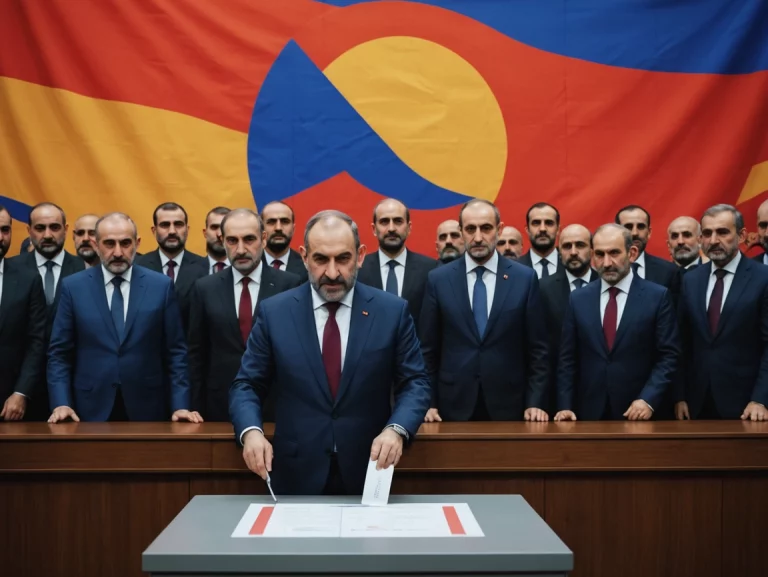In the realm of game theory, the dynamics of cooperation and competition provide a lens through which to view human behavior and decision-making. This framework helps us understand the outcomes when individuals or groups choose strategies in pursuit of their interests, especially in scenarios where cooperation yields the best outcome for the group. However, the internet has introduced complexities that challenge traditional game theory assumptions, particularly in the context of disinformation.
Collective Well-being
Game theory posits that when individuals within a group cooperate, the collective well-being is maximized. This principle is evident in various aspects of society, where laws and norms encourage behavior that benefits the community. However, game theory acknowledges that whilst cooperation is good for the group overall, if individuals act in their own self-interest they will be disproportionately rewarded. In the physical world, societies have mechanisms to discourage such behavior, rewarding those who manage and engage in conflict for the greater good.
Anonymity and Impunity Online
The internet, with its inherent anonymity and impunity, disrupts these traditional mechanisms. Online, individuals can spread disinformation which supports their interests without facing the immediate social, legal, or economic repercussions that would typically deter such behavior in the physical world. This anonymity emboldens individuals to act against the group’s interest, exploiting the principles of game theory for personal or ideological gain.
Strategy in the Digital Arena
Disinformation campaigns can be seen as strategic moves in a game where the objective is to influence public opinion or sow discord. The perpetrators, whether individuals or state actors, often pursue their interests with little regard for the collective well-being; sometimes with the specific objective of disrupting it. The dynamics of game theory on the internet are further complicated by the scale and speed at which information spreads. A false narrative can go viral in hours, reaching millions and embedding misleading or harmful ideas into the public consciousness. This rapid dissemination means that the traditional game theory model, where players have time to consider and react to each other’s moves, is upended. Instead, the internet facilitates a scenario where the first mover can gain a disproportionate advantage before corrective actions can be taken.
Enforcing Group Norms Online
In the physical world, group norms and punitive measures help regulate behavior, encouraging individuals to act in the group’s interest. However, the internet’s decentralized nature makes it challenging to enforce these norms. While platforms can ban users or remove content, the volume of disinformation and the ease with which individuals can create new accounts or move to other platforms make these measures less effective. Moreover, the global nature of the internet means that actions considered detrimental by one group may be encouraged or celebrated by another, further complicating efforts to control disinformation.
Conclusion
The intersection of game theory and disinformation on the internet presents a challenge that defies easy solutions. The anonymity and impunity offered by digital platforms upend traditional mechanisms of social control, allowing individuals to act against the collective interest with little immediate consequence. To combat disinformation effectively, we must adapt our strategies, leveraging technology, education, and collaboration to foster an online environment where truth and collective well-being are prioritized over individual gain.



